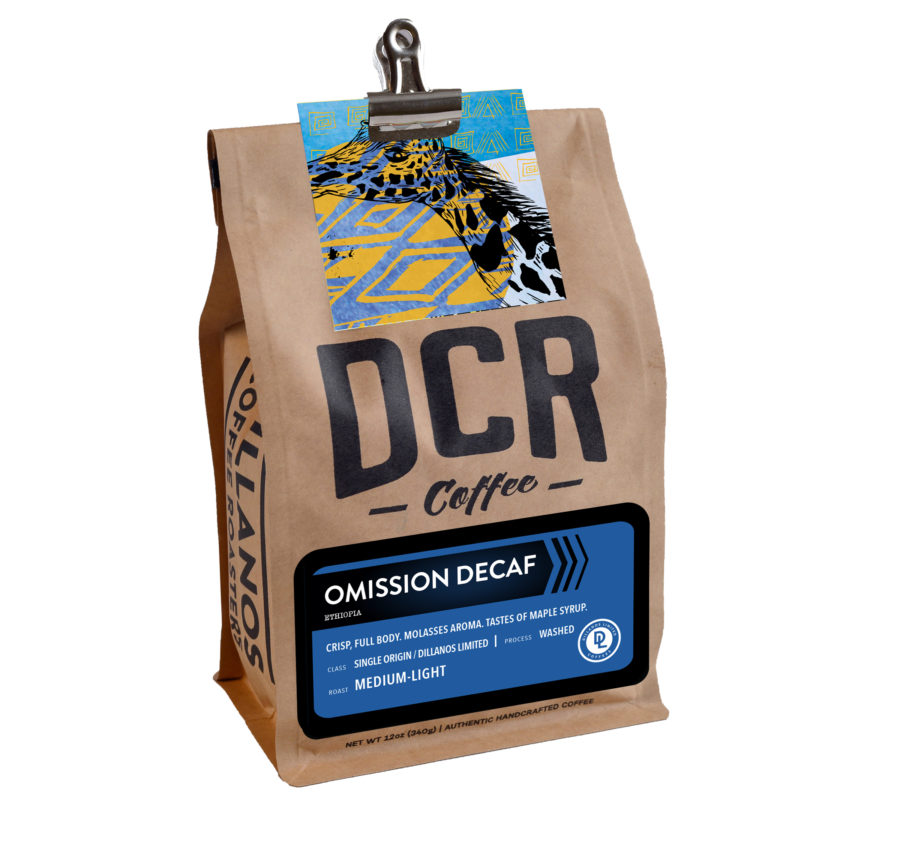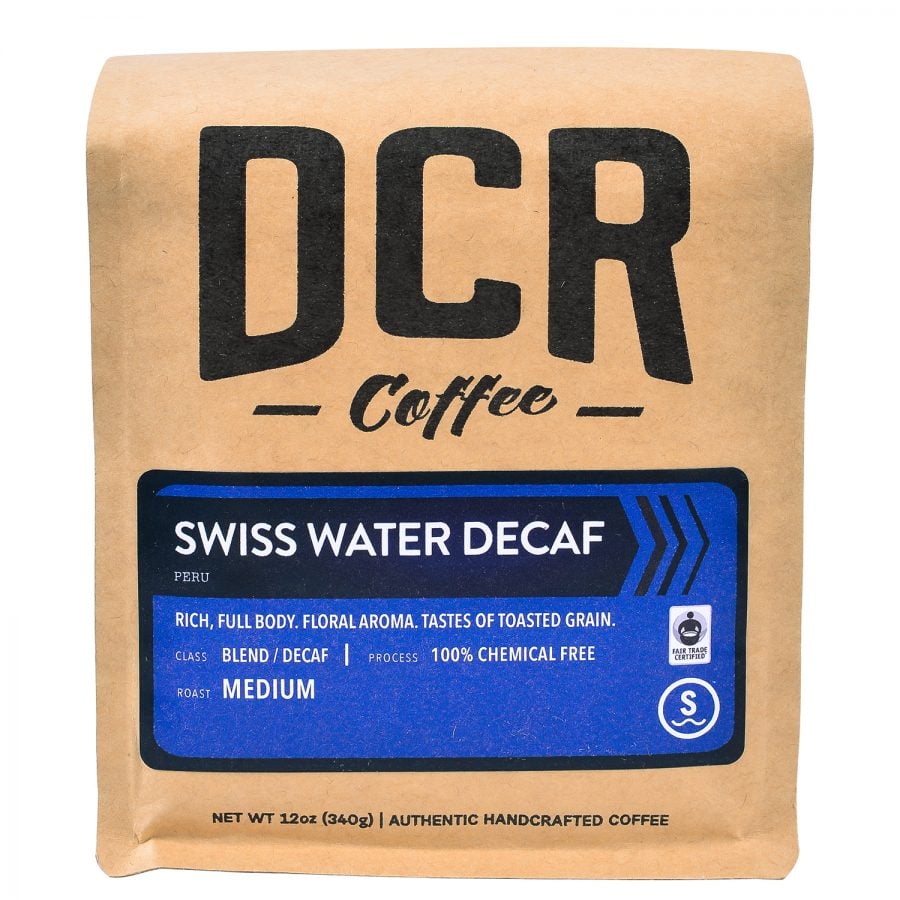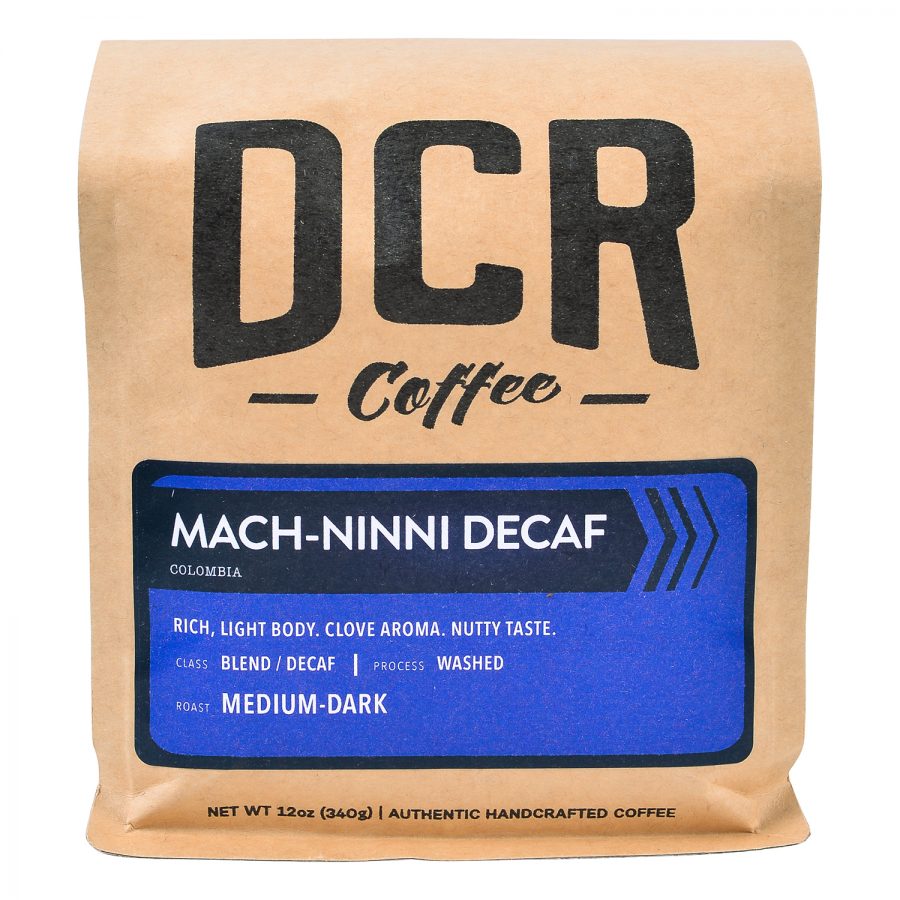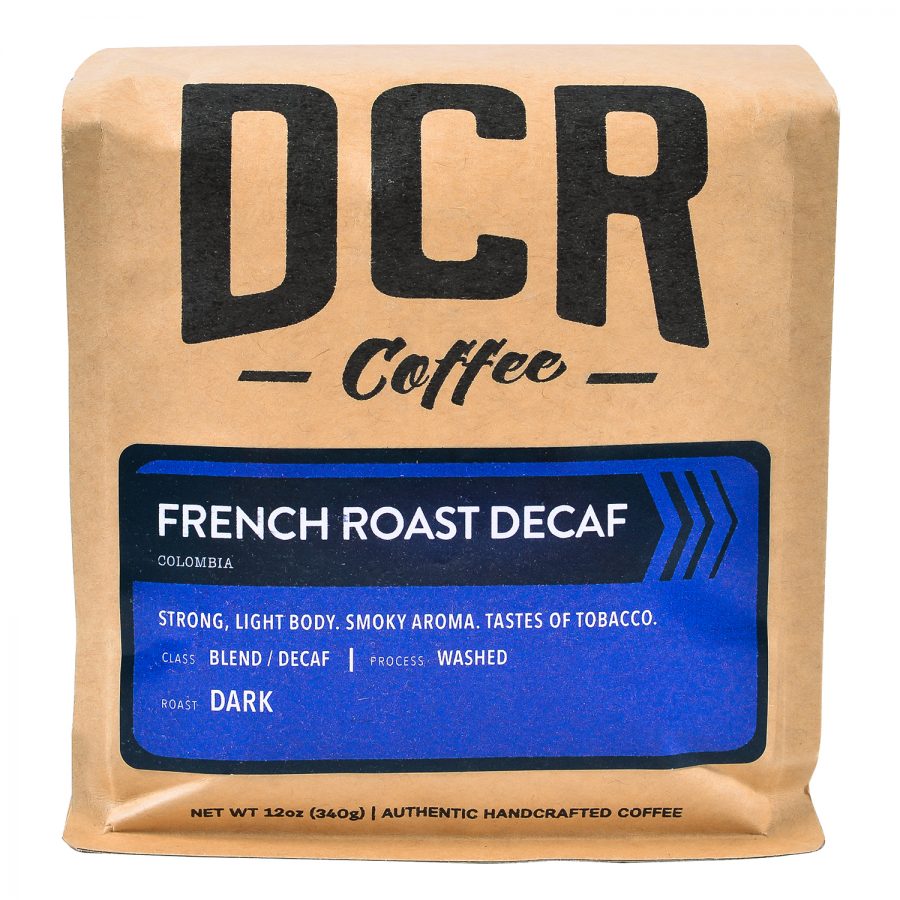Here’s How to Decaffeinate Coffee
Did you know that caffeine has a half life of around 5 hours in the human body? That means it takes over 24 hours to fully leave your system!
All decaffeination processes are similar in concept in that they utilize a soaking and rinsing method to remove the caffeine from the green (unroasted) coffee. While all of the various methods are required by the USDA to remove 97% of caffeine, each method has unique pro’s and con’s.
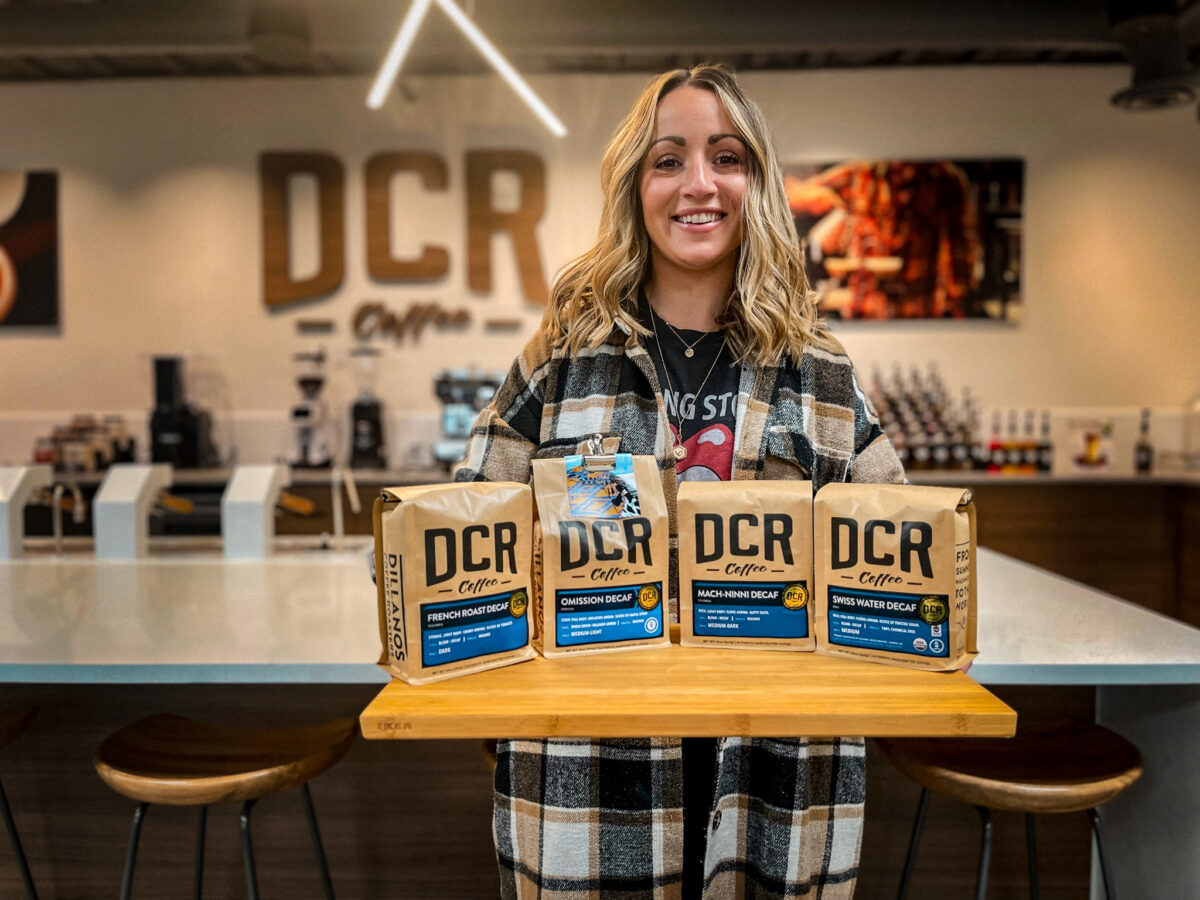
KVW (aka Dimethylamine Hydrochloride aka MC) Method:
The KVW facility is located in Germany and requires coffee be shipped there for processing. This method uses a soaking and rinsing process utilizing chemicals that specifically target the caffeine. After many hours of rinsing and soaking the beans are ready to re-dry and be packed in burlap and shipped to roaster. One thing that makes this process unique is that after the caffeine is removed from the beans, it is extracted from the liquid solution in a powder form. This pure caffeine is then sold and used in pharmaceuticals, sodas, and energy drinks which keeps the cost of the beans down.
While there are trace amounts of chemicals left on the green coffee, it is widely accepted that these chemicals are burned off in the roasting process. Our classic line decaf coffees Mach-Ninni and French Roast are processed using this method.
Swiss Water Process Decaf:
The Swiss Water Method was invented in Switzerland, however the company is based in Vancouver Canada. With this process the beans are soaked and rinsed repeatedly in coffee flavor charged water. The theory is that because this water is already charged with coffee flavor, it will only extract the caffeine. Because it is a certified chemical free process, coffees process using this method can also carry an organic certification. Water process coffees tend to be more expensive partly because they cannot harvest the caffeine, this means that the only source of revenue is from the decaffeinated beans.
You will find our ‘Swiss Water Decaf’ in our One Harvest line and it is both Fair Trade and Organic. This coming year we’re excited that our volumes on this coffee have grown to the point where we can source the coffee from our Honduras supplier Pacayal, then we will have this toll decaffeinated specifically for DCR.
Mountain Water Process:
The Mountain Water facility is located in Mexico and also utilizes a water process, although it is not certified as “chemical free”. Rumors persist that it is largely a water process that may be aided by chemicals…strangely these rumors all seem to trace back to Vancouver Canada…
The Mountain Water Process is relatively new and it produces, by far, the best tasting decaf coffees. We utilize this method for our Omission Decaf. The Omission is a coffee originally from Ethiopia and decaffeinated in Mexico, and if you weren’t told it was decaf you may mistake it for a regular coffee… it tastes that good! Customers across America rave about it.
If you would like to know more about the process and methods for decaffeination, follow this link to a 10 minute video that dissects it all very well.
View Our Decaffeinated Coffees:
Looking to serve a show-stopping decaffeinated coffee in your cafe or drive thru?
Please contact Wholesale Services so we can learn more about your goals and get some of our tasty decaffeinated coffee options over to you for sampling.
